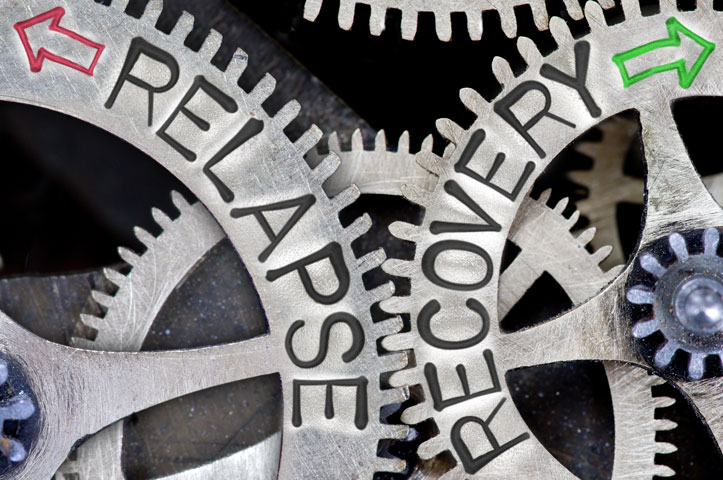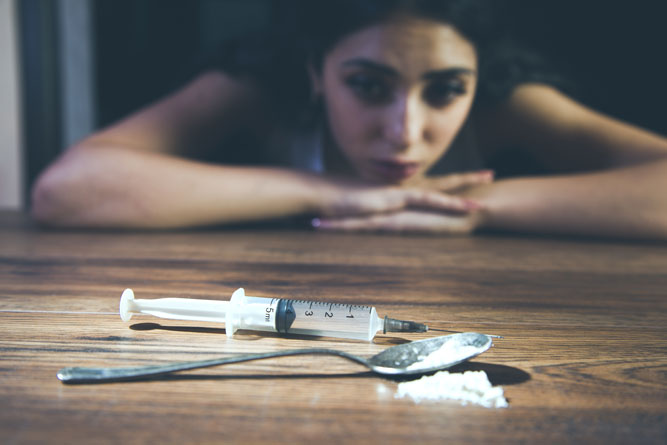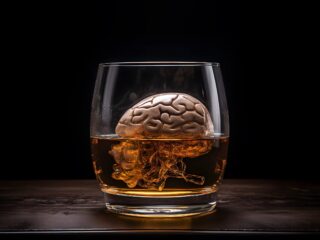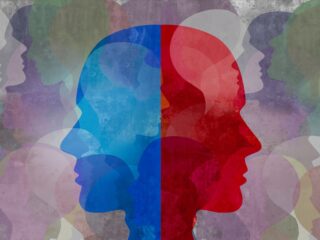Addiction is difficult on everyone, but some addicts and alcoholics are undoubtedly worse than others. Some can get clean their very first try, most take a few tries, but some have prolonged troubles kicking their habit for good. These people are known as chronic relapsers. Let’s learn more about sufferers of chronic relapse including why we relapse and how to make sure it doesn’t keep happening.
To put it simply, a chronic relapser is someone who has continuously tried and failed to maintain sobriety. There is no set definition or guidelines that changes someone who has relapsed once or twice from a relapser into a ‘chronic relapser’ but someone who can only maintain sobriety for a few days, weeks, or months before always falling back is considered chronic. Some addiction experts would say more than two or three relapses can constitute a chronic relapser.
Is Relapse Expected?
Some recovery experts believe relapse is another symptom of addiction while others believe relapse is avoidable with the right type of treatment- even on the first try, Regardless, all recovery and addiction experts know that relapse is the number one enemy to addiction recovery. Chronic relapse is not expected.
Why Do We Relapse?
There is no single reason why people relapse. Relapse is difficult for the non-addict to process. You just got out of treatment, have been sober for several weeks, are turning your life around, and experiencing success, so why in the heck would you turn back to drugs or alcohol? When you put it this way, relapse seems ridiculous, but it happens every day. There are several reasons relapse can happen including:
- Hanging around the same drinking or drug environments
- Inability to cope with daily stresses
- Inefficient treatment
- Not changing thoughts and behaviors regarding drugs or alcohol
- Dual diagnosis, which we’ll explore more in-depth later
- Having no accountability or safety nets
- Post-acute withdrawal syndrome (PAWS) – we’ll talk about this one later too
- Major life stressors like moving, marriage, divorce, a new child, and more.
- Not following relapse prevention methods (I’m cured!)
One of the main culprits behind relapse is a feeling of being ‘cured’ after initial treatment. Addiction is a progressive and chronic illness that exists even if you aren’t actively drinking or using drugs. Addicts are masters of self-rationalization and can convince themselves they’re cured or will never have another problem with drugs and they don’t need to follow any relapse prevention methods.
These stressors can happen to both addicts and non-addicts but in addicts might start a chain reaction that leads a sober person back to their addiction.
Dual Diagnosis
Dual diagnosis is the diagnosis of a mood or mental disorder on top of a diagnosis of addiction or chemical dependency. An alcoholic with schizophrenia or an opioid addict with obsessive-compulsive disorder are two great examples of dual diagnosis.
Chronic relapse is more common in dual diagnosis, especially if the addict doesn’t work on both their addiction and any other diagnoses. Addiction and mental illness can be mutually exclusive, but more often they play into each other. You’ll hard-pressed to treat the entire person and maintain sobriety if both issues aren’t addressed.
PAWS
PAWS is the secondary period of withdrawal that can last months after initial detox and is a known culprit of relapse. PAWS can cause depression, anxiety, trouble sleeping, irritability, and general miserableness. PAWS must be fought to avoid relapse.
Solutions for Chronic Relapse
Extended Initial Treatment
A standard short-term inpatient program is not enough to get sobriety to stick in chronic relapsers. Chronic relapsers should forego the initial standard 28-day treatment in favor of long-term inpatient treatment. Many drug treatment facilities offer month-long to year-long inpatient programs that can help turn a chronic relapser around.
Family Therapy
Teaching the whole family to combat relapse if an excellent way to help the situation. Addiction affects the entire family, so it makes sense to treat them too. Families may also exhibit their own negative behaviors like enabling or codependency that need to be fixed.
Creating Accountability
You will never maintain continued sobriety without accountability. Accountability includes support groups to report to, sponsors in 12-step meetings, counselors or therapists to chat with, or even a daily call with your buddy who is going through the same problems. Addicts generally don’t like to report to anybody, but accountability is necessary in recovery, and can be thought of as more of a positive routine than a mandate.
Extended Stair-Step Treatment
Chronic relapsers may try a ‘little bit’ of treatment but truthfully, they need much more than just one treatment session or stay at rehab. Chronic relapsers should look for stair-step treatment over a long period of time. You can start with inpatient treatment, then intensive outpatient treatment, then a sober home or continued group counseling. Extended treatment can last years but can help you beat your demons.
Relapse Prevention and Impulse Control
Chronic relapsers will have trouble making the final steps to continued sobriety without concrete steps and a plan on staying sober for good. Relapse prevention includes a variety of different methods and practices including attending support group meetings, learning the patterns, thoughts, and actions that lead someone back to their addiction, and how to prevent the same thoughts or patterns to develop in the first place. Relapse seems like an instant decision or an impulse but there are often several signs and symptoms that a relapse is coming. Learning to recognize these thoughts and behaviors from the beginning is crucial in staying sober.
Medication
Medication is prescribed for both therapeutic uses like opioid withdrawal and punitive uses like Antabuse. You might also be prescribed medication to assist with a dual diagnosis, like antidepressants. Taking this medication as recommended can help the recovery process and shouldn’t be seen as ‘another addiction.’
Seeking Help
Chronic relapse is a painful cycle of joy, sadness, anger, and hopelessness but even chronic relapsers can live free from their addiction forever with the right resources, counseling, mindset, and work. If you or a loved one is having difficulty with chronic relapse reach out to a local drug treatment facility or rehab, let them know about your issues, and do everything in your power and take all advice given to make the situation right.







